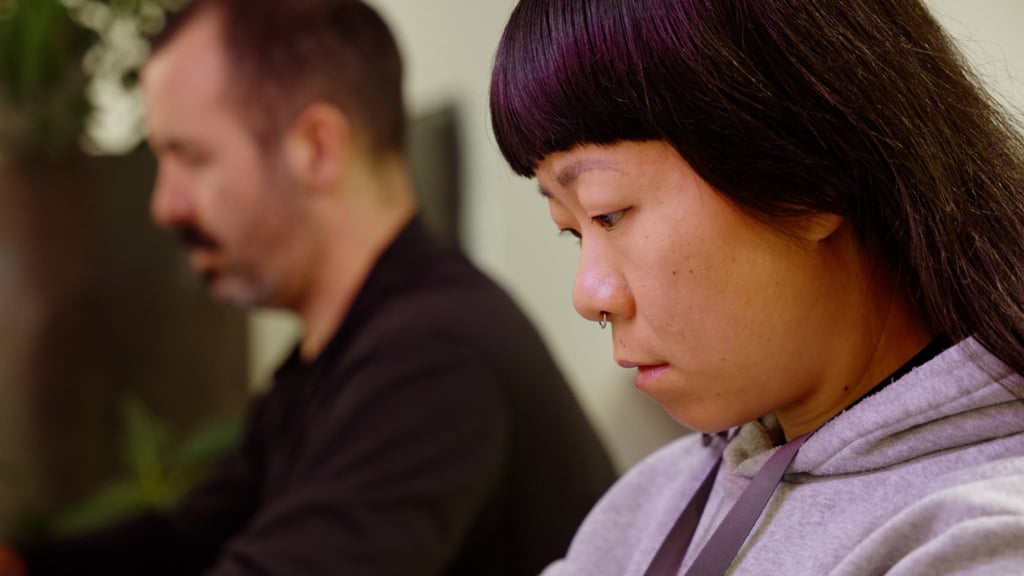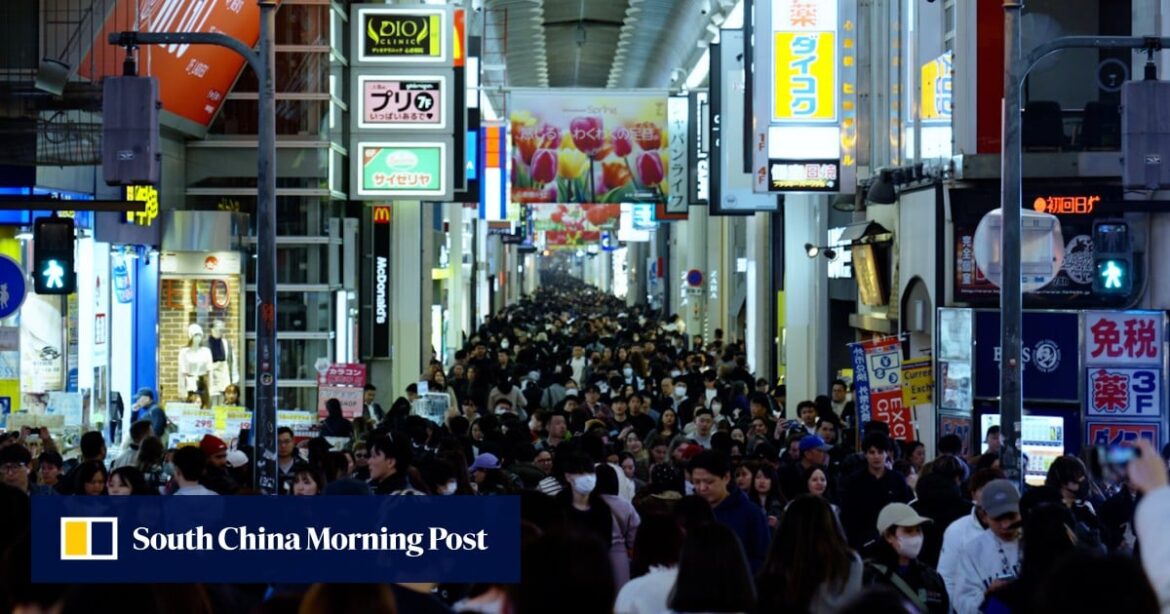Until recently, Lin Lo commuted daily to her nine-to-five office job in Melbourne, Australia. Any big travel plans often consisted of visiting her home in Taiwan every two to three years.
The digital marketer’s company, however, has now ditched its office in favour of a co-working space.
“Once they said we were allowed to work remotely, the first thing I thought was, ‘Where could I go?’” Lo said. “Outside Melbourne, outside Australia.”
She decided on a two-week “workcation” in Tokyo, Japan, allowing herself a slower pace of travel compared to her typical hectic schedule as a tourist.
“I get to do sneaky lunch breaks that allow me to explore the city a bit more, try different restaurants, do a little shopping,” she said.
 Usually based in Melbourne, Australia, Lin Lo is on her first “workcation” in Tokyo. Photo: Jonathan VitSince the Covid-19 pandemic, remote work has grown exponentially. The World Economic Forum predicts a roughly 25 per cent surge in the number of remote jobs to 92 million by 2030.
Usually based in Melbourne, Australia, Lin Lo is on her first “workcation” in Tokyo. Photo: Jonathan VitSince the Covid-19 pandemic, remote work has grown exponentially. The World Economic Forum predicts a roughly 25 per cent surge in the number of remote jobs to 92 million by 2030.


AloJapan.com